Celebrating 35 Years
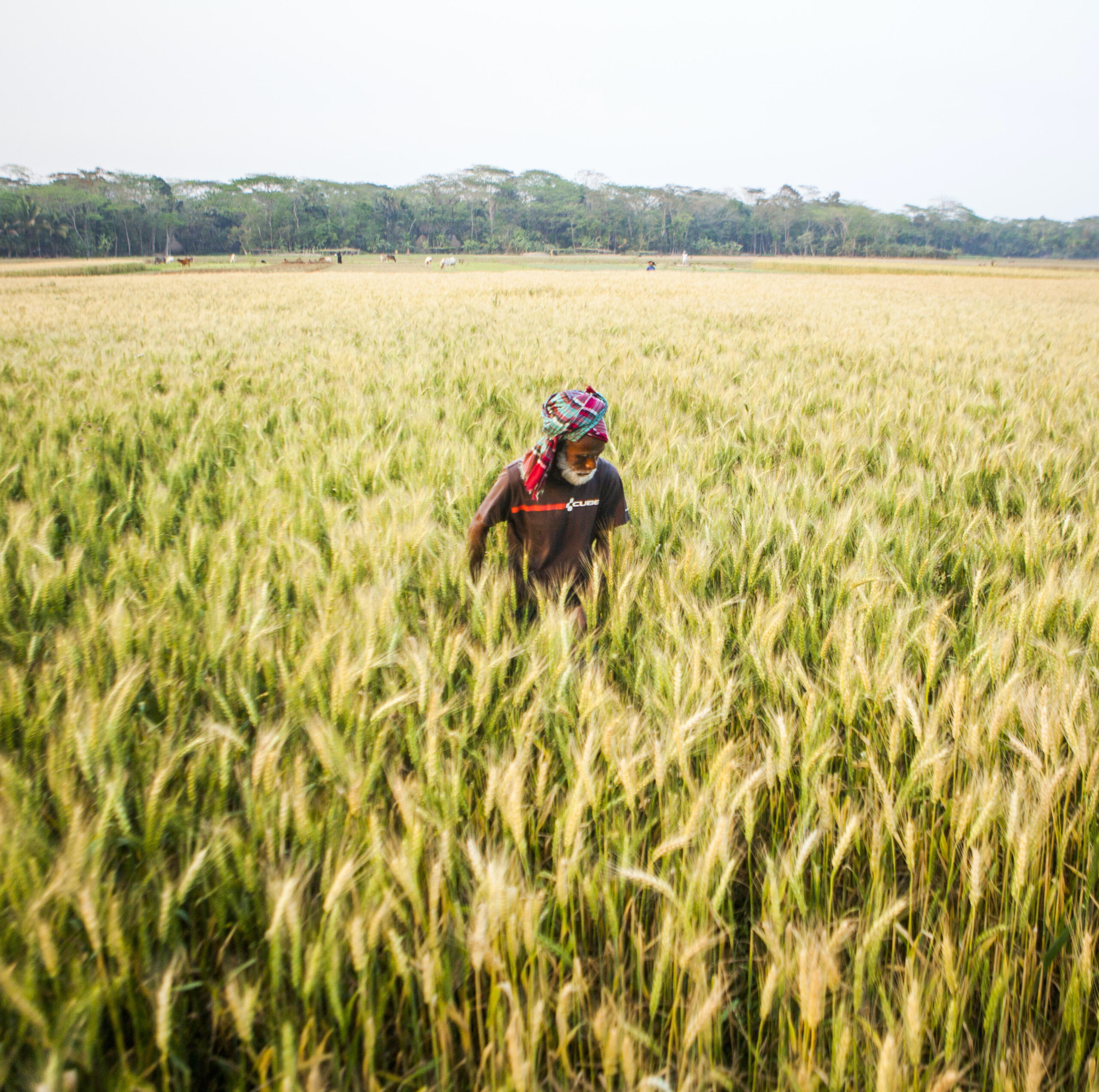
It all began with a simple idea: create a global force for change based on the power of using business to solve poverty. This year, as iDE Canada celebrates thirty-five years of helping others, we’ll revisit the past but always with an eye to the future: How can we help more families with business solutions that will lift them out of poverty for good.
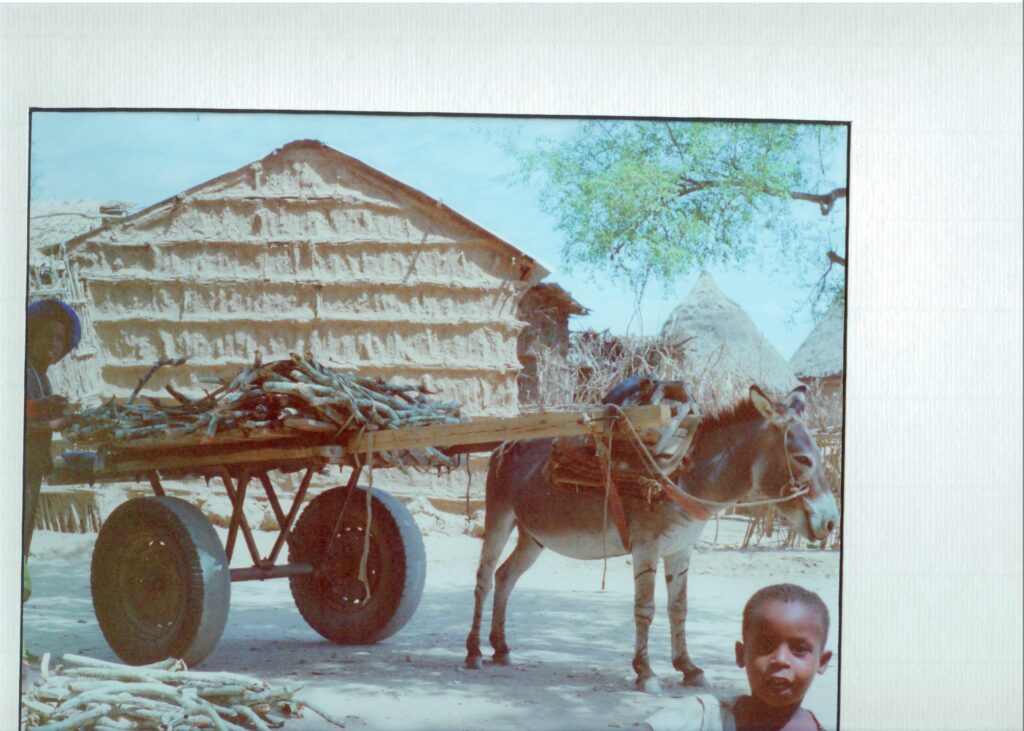
1982 – Reinventing the donkey cart
iDE’s first project emerged from Gerry Dyck and Paul Polak’s visit to a Somalian refugee camp where Art DeFehr, then UN high commissioner for refugees, was working. Gerry and Paul noticed that refugees were carrying supplies on their backs or with a very inefficient cart pulled by a donkey. Using abandoned car parts and working with displaced blacksmiths in the camps, they modified the donkey cart to make pulling loads easier. They set up entrepreneurs inside the camps who created income by renting, building, selling and maintaining the carts. Over four hundred carts were sold, producing almost $1 million of net income for cart owners in one year. This project set the stage for iDE’s model for development work—help others help themselves—which remains the cornerstone of our guiding principles today.
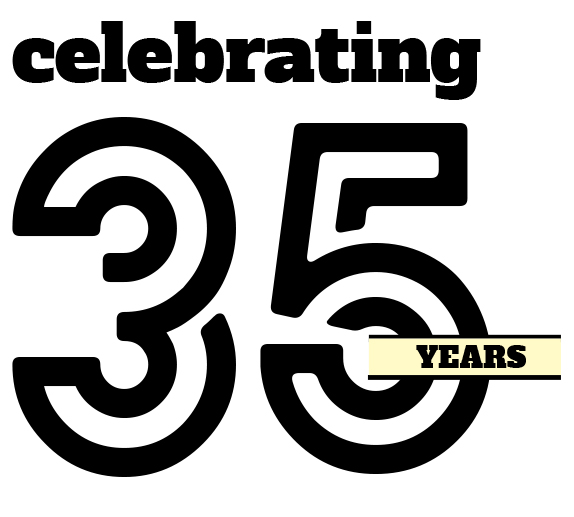
1983 – iDE Canada is born
Inspired by the possibilities of business to help the poor lift themselves out of poverty, Paul Polak, Gerry Dyck and Art DeFehr made personal investments to get International Development Enterprises Canada off the ground. iDE Canada was incorporated on January 7, 1983.
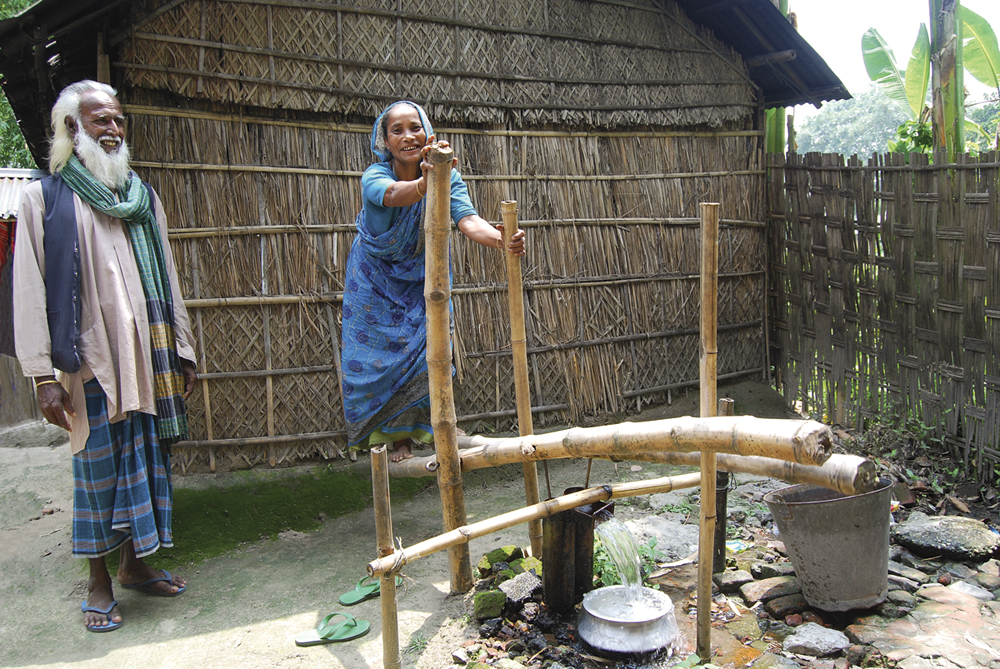
1980s – Pumping it up
Building on the success of the camps in Somalia, iDE set its sights on Bangladesh where we began marketing treadle pumps to combat the lack of irrigation in the dry season. Treadle pumps are low-cost, foot-powered irrigation pumps that suction ground water to the surface. To date, more than 1.5 million treadle pumps have been sold in Bangladesh, creating $1.4 billion in net additional income per year. This income benefits farmers who can now grow crops in the dry season when their land would typically go unused.
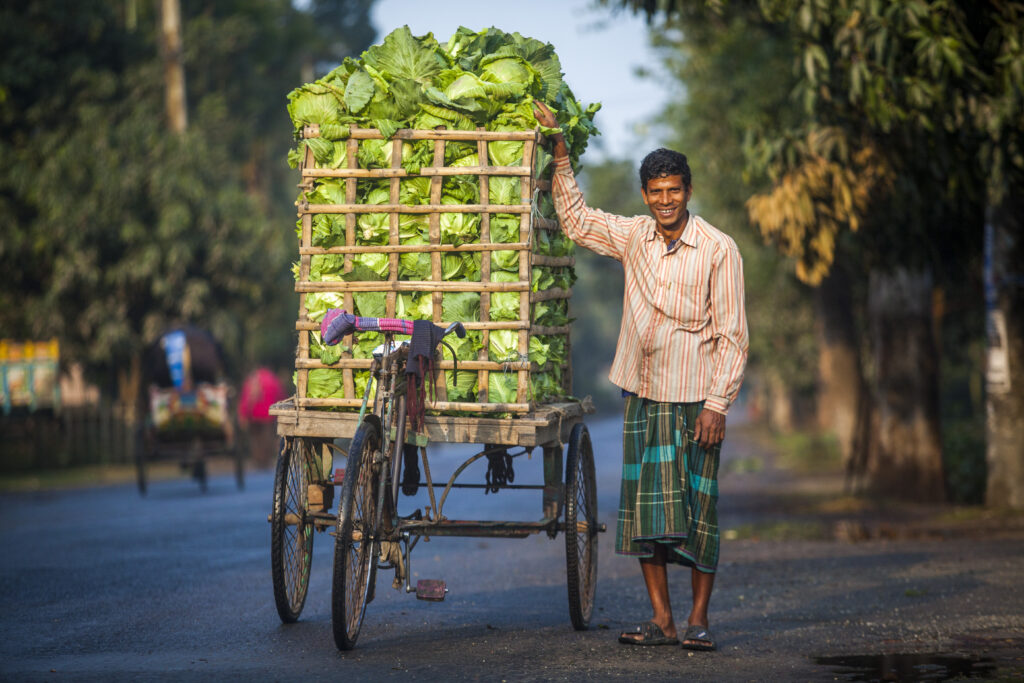
1990s – Market expansion
iDE’s initial successes demonstrated that entrepreneurs were everywhere, including refugee camps in Somalia and small farms in Bangladesh. Given the right technology and access to open markets, struggling populations could increase their income and rise out of poverty. Over the last three decades, iDE has expanded its footprint to engage with local markets in 11 countries in Asia, Africa and Central America.
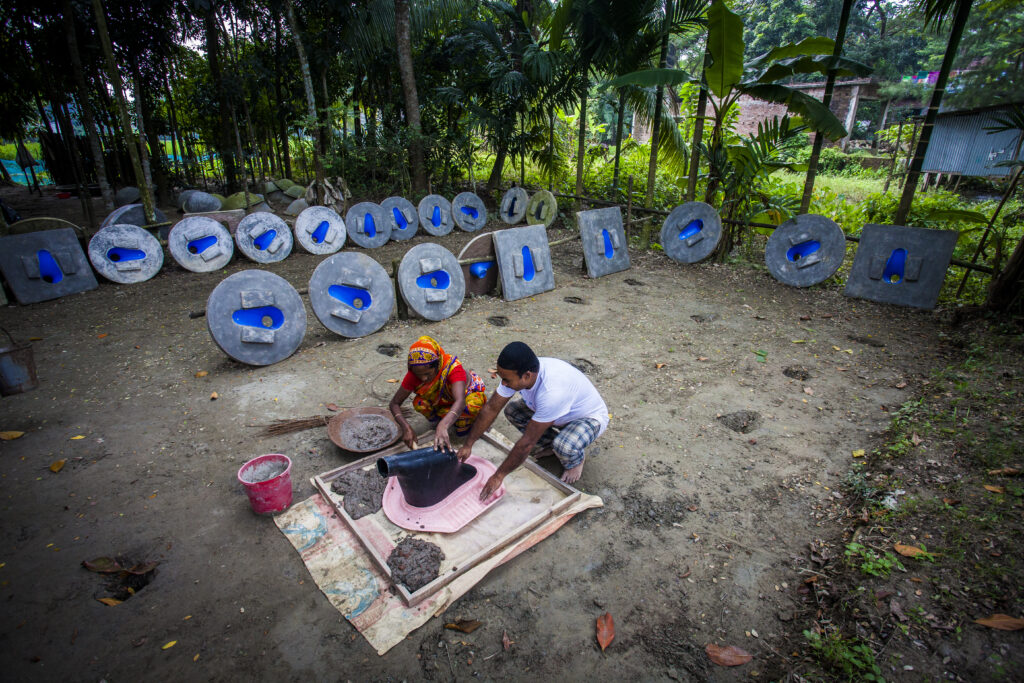
1995 – From agriculture to sanitation
Staff in Vietnam noticed households were using treadle pumps to catch water for use in their homes as well as to irrigate gardens. Realizing that a hand pump would be more useful, iDE designed an inexpensive, easier-to-install model, resulting in sales of over 64,000 pumps. This caught the attention of the Vietnamese government, who wanted to know if iDE could achieve similar results with latrines.
In short, we delivered in a big way! From Vietnam to Cambodia, then Bangladesh and Nepal, and now to Ghana, Burkina Faso and Ethiopia, the approach of developing markets for sanitation and clean water has brought sanitation solutions such as improved toilets and water filters to nearly four million people.
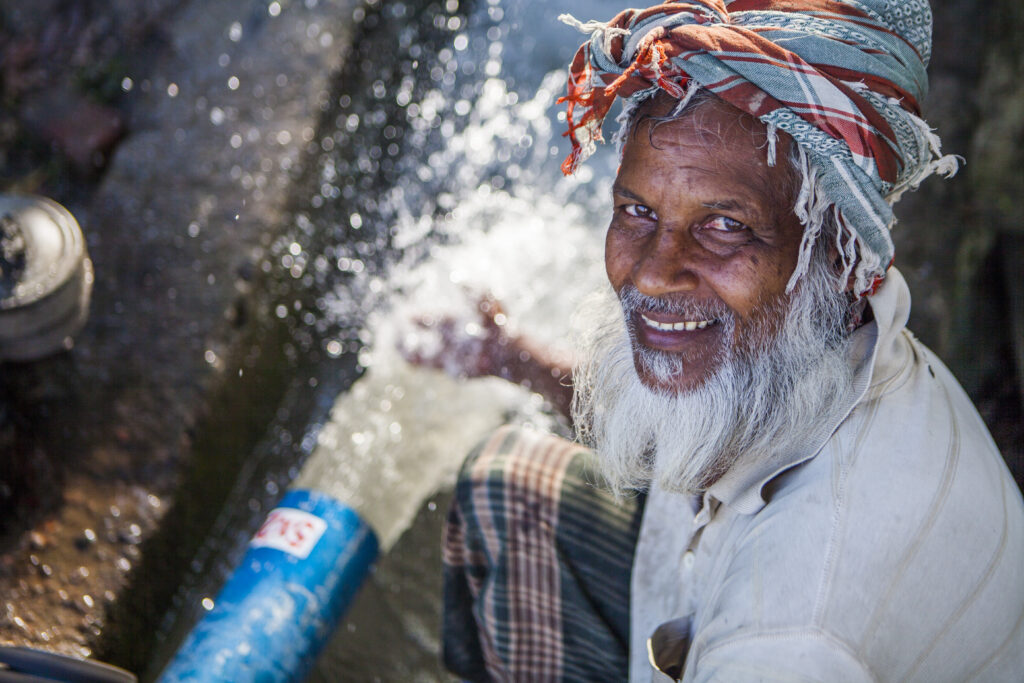
Today – 30 million people served and counting! Everywhere we work, iDE creates business opportunities unique to the communities we serve. Once we start on a project, we commit to staying for as long as it takes to establish businesses that prosper.
Along the way, iDE has learned that the key to market-based solutions to poverty isn’t just about technology, it also requires access to markets, financing and a reliable supply chain. Ultimately, success comes from listening to people and using their input to design tailor-made solutions that meet local contexts: social, cultural, political and environmental. In partnership with iDE offices around the world, we have served over 30 million people and we’re not slowing down!
